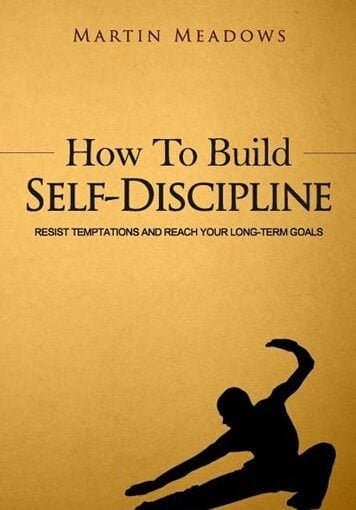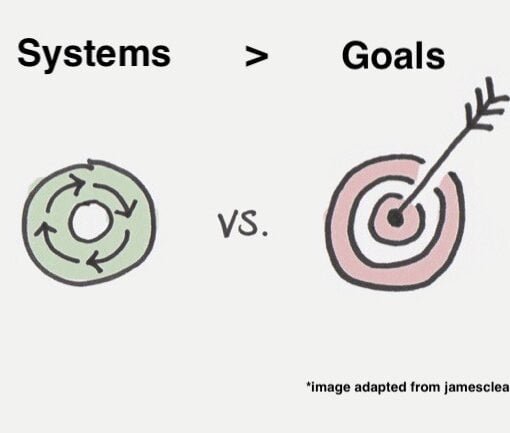
In our pursuit of happiness and fulfilment, the choices we make play a pivotal role. Yet, how often do we feel constrained by circumstances, external pressures, or even our own beliefs? Enter Choice Theory, a revolutionary concept by Dr. William Glasser that empowers us to reclaim control over our lives by understanding the power of our choices.
What is Choice Theory?
At its core, Choice Theory posits that we are in control of our own behaviour. According to Glasser, all behaviour is chosen, and we are motivated by an internal desire to satisfy five basic needs: survival, love and belonging, power, freedom, and fun. Unlike traditional psychology, which often focuses on external factors influencing behaviour, Choice Theory emphasises personal responsibility and the inherent freedom of choice.
The Five Basic Needs
- Survival: This includes our physiological needs such as food, shelter, and safety.
- Love and Belonging: Our need for relationships, connection, and affection.
- Power: The desire for achievement, recognition, and competence.
- Freedom: The need for autonomy and the ability to make choices.
- Fun: The pursuit of pleasure, joy, and satisfaction.
These needs drive our behaviour, and by understanding them, we can make more conscious choices that align with our true desires.
The Power of Perception
One of the most enlightening aspects of Choice Theory is the concept of the Quality World. This is a mental picture album where we store our ideal images of people, things, and beliefs that fulfil our needs. Our perceptions shape this Quality World, and by adjusting our perceptions, we can change our behaviours and attitudes.
For example, if you view a daily workout as a tedious task, you might skip it. But if you start seeing it as a way to increase your energy and improve your health, you’re more likely to stick with it.
Practical Applications of Choice Theory
- Improving Relationships: Choice Theory teaches us that the only person’s behaviour we can control is our own. By focusing on our choices and how we interact with others, we can improve our relationships. For example, instead of trying to change your partner’s behaviour, communicate your needs more clearly and focus on how you can contribute positively to the relationship.
- Enhancing Personal Well-being: Understanding that we choose our feelings can be transformative. Instead of feeling overwhelmed by stress, engage in activities that fulfil your need for fun and relaxation, such as reading or going for a walk.
- Achieving Personal Goals: By recognising that our need for power drives our desire for achievement, we can set realistic and fulfilling goals. Rather than aiming for arbitrary milestones, set goals that align with your intrinsic motivations, such as improving skills in areas you are passionate about.
Actionable Advice from Choice Theory
- Focus on Your Quality World: Identify what you truly want in your life. What are the people, activities, and goals that fulfil your basic needs? Make a list and prioritise them in your daily decisions.
- Shift Your Perceptions: When faced with a challenge, reframe your perspective. Instead of viewing a difficult task as a burden, see it as an opportunity to learn and grow.
- Take Responsibility for Your Choices: Recognise that you are responsible for your behaviour. Instead of blaming external factors, focus on what you can control and make proactive choices.
- Improve Communication: In your relationships, focus on clear and constructive communication. Express your needs and listen to others without trying to control their behaviour.
- Engage in Self-Reflection: Regularly reflect on your actions and their alignment with your Quality World. Are your daily choices helping you move towards your desired life?
- Practice Self-Discipline: Build habits that support your goals. For instance, if health is a priority, establish a regular exercise routine and healthy eating habits.
Embracing the Freedom of Choice
Implementing Choice Theory has profoundly impacted my life through some key experiences. Taking cold showers daily has sharpened my focus and increased dopamine levels, illustrating Choice Theory’s principle of controlling our reactions and creating positive outcomes from challenging situations. Committing to honesty has significantly improved my relationships, fostering deeper connections and trust, which aligns with Choice Theory’s emphasis on personal responsibility and its impact on fulfilling our need for love and belonging. Attending a 10-day silent meditation camp reinforced my understanding of inner peace and clarity, highlighting the importance of taking control of my mental well-being as per Choice Theory. These experiences demonstrate the power of personal responsibility and conscious decision-making in fostering a fulfilling and balanced life.
Choice Theory offers a profound shift in how we perceive and navigate our lives. By understanding and embracing our ability to choose, we can cultivate a life that is more aligned with our true needs and desires. It encourages us to take responsibility for our happiness, improve our relationships, and approach life with a sense of freedom and joy.
So, next time you face a challenging situation, remember: that you have the power to choose your response. Embrace that power, and you’ll find yourself on a path to greater personal freedom and fulfilment.
Sources
- Glasser, William. “Choice Theory: A New Psychology of Personal Freedom.” Harper Perennial, 1998.
- Choice Theory Overview by William Glasser Institute
- Psychology Today: The Basics of Choice Theory



